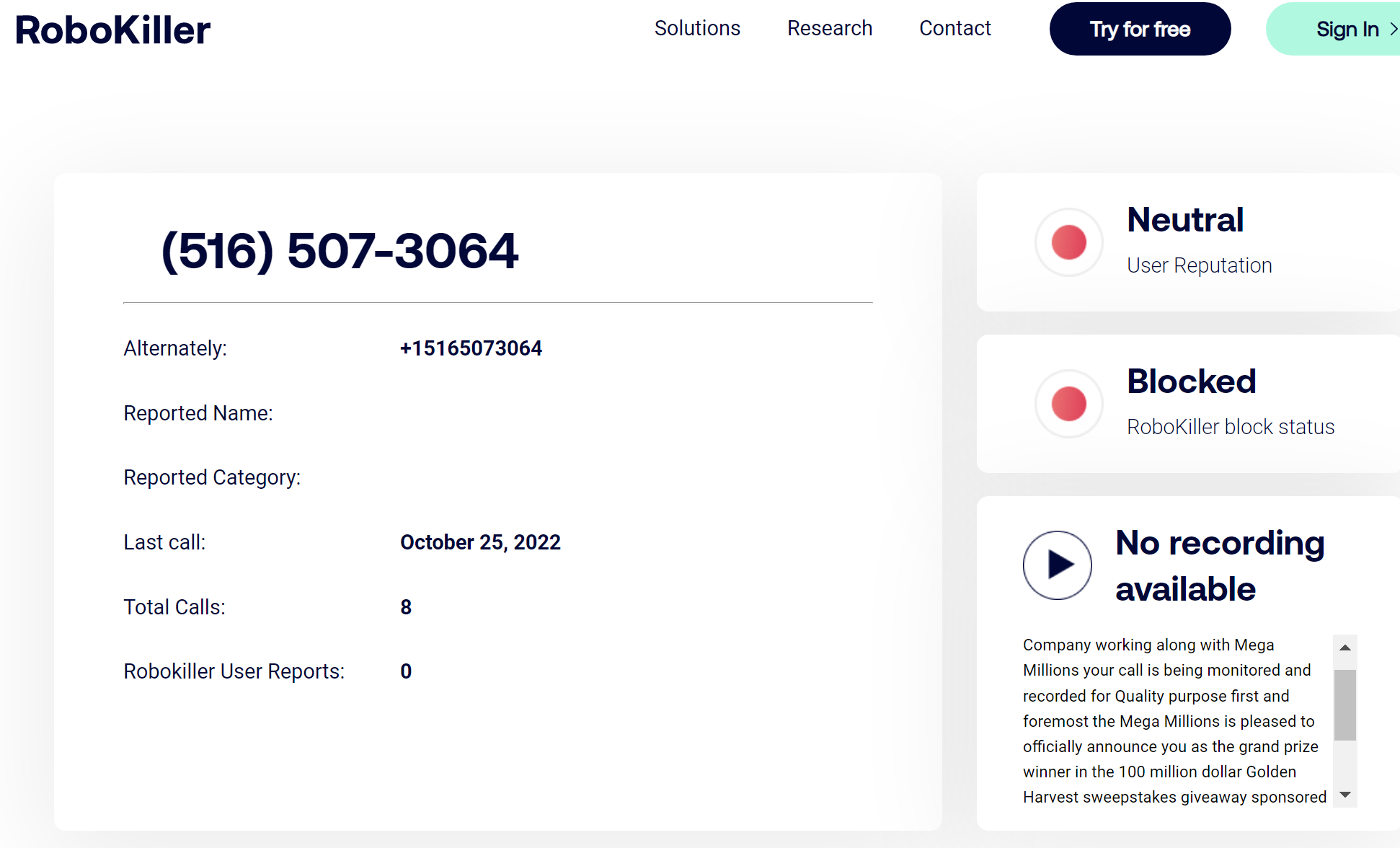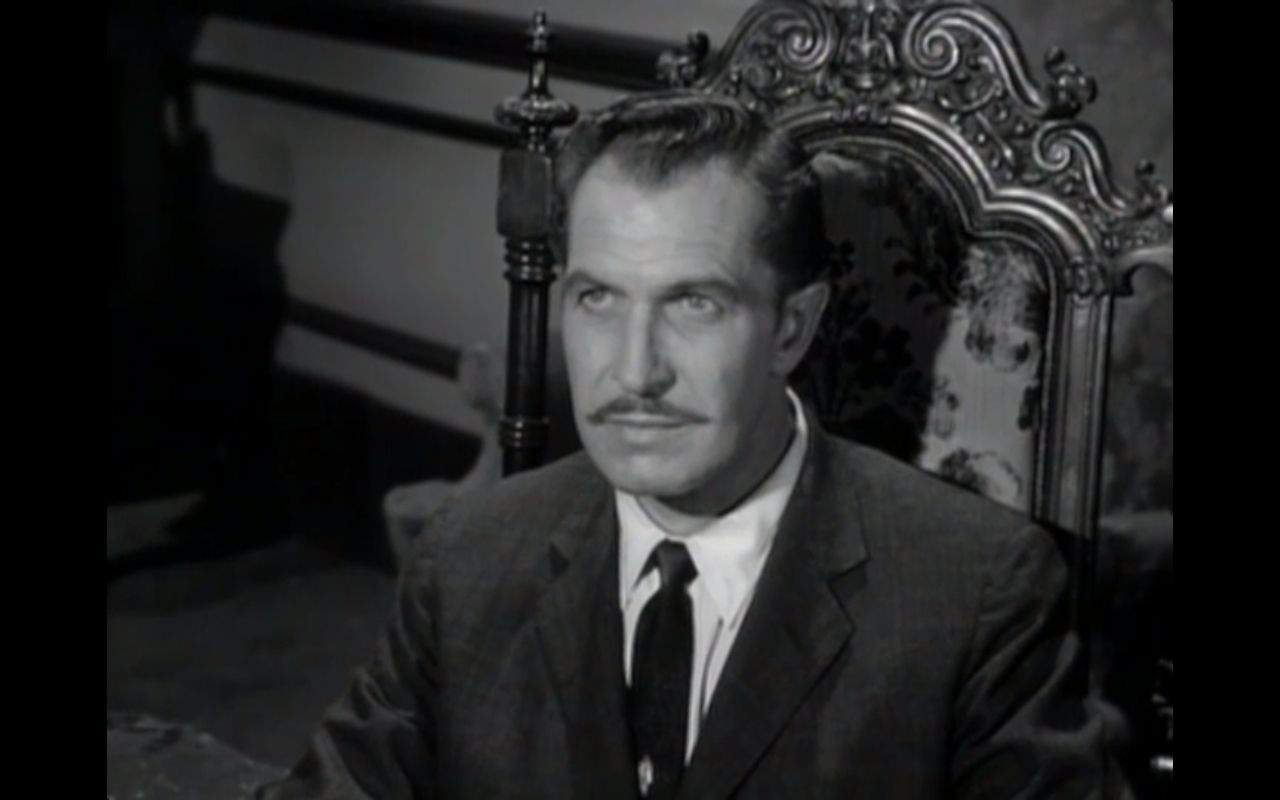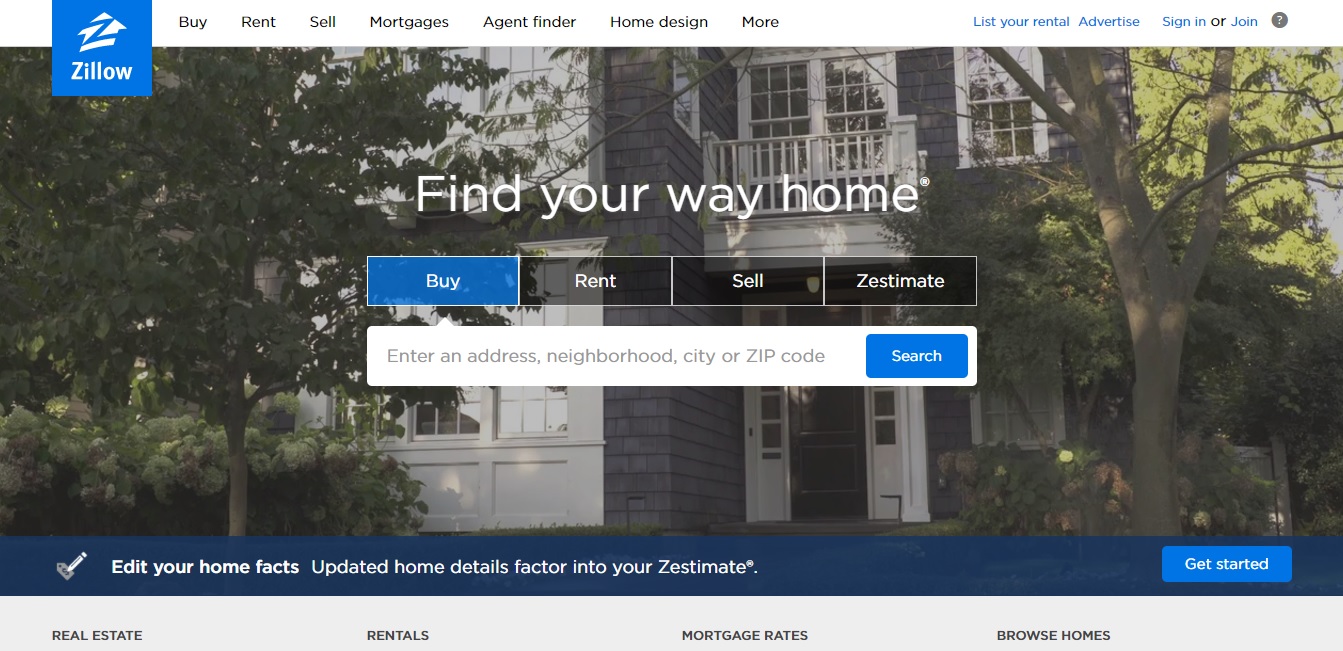Table Of Content
- PCH made it seem as though customers needed to purchase a product to win
- FTC Takes Action Against Publishers Clearing House for Misleading Consumers About Sweepstakes Entries
- Scam calls asking you to pay fees to claim your prize
- Your tool for financial readiness
- Try Aura—14 Days Free
- The rise in check fraud
- Playing it Safe: Explore the FTC's Top Video Game Cases
- Fact Check

While robocalls are on the decline, consumer watchdogs warn that scammers are texting more frequently now one year after a new federal law led to a crackdown on illegal robocalls. Federal Communications Commission rules require that U.S. voice service providers use of technology to better identify robocalls. In July, the Federal Trade Commission announced a settlement in a case involving 244,745 consumers in the United States, Canada and elsewhere who were defrauded by a Next-Gen sweepstakes scheme.
PCH made it seem as though customers needed to purchase a product to win

Again, it’s important that we stress you did not hear from the real Publishers Clearing House. PCH would never request you send money to claim a prize and we never notify major prize winners by phone or mail. Publishers Clearing House wants to warn you about scam artists sending out real looking checks in an attempt to get you to send money! Scam artists send you an official looking letter claiming to award you a sweepstakes prize. The letter may illegally use the name of a well known company like Publishers Clearing House or a sound alike name in an attempt to build trust. (These offers are not affiliated in any way with Publishers Clearing House!) The letter encloses a real looking check that may appear legitimate.
FTC Takes Action Against Publishers Clearing House for Misleading Consumers About Sweepstakes Entries
If you have received a letter or email from Publishers Clearing House and wondered about the legality of its claims, here’s what you need to know. Customers who bought subscriptions were led to believe that it would increase their odds of winning, but that was never the case. There are several steps you can take to protect yourself though.
Scam calls asking you to pay fees to claim your prize
Again, PCH will NEVER ask you to pay a cent to collect a prize. But the BBB reported that locally consumers lost about $1,500 in the past three months. The losses could be higher because many victims do not report their losses out of fear that family members and friends will find out and be upset with them. The prize was supposedly a "Golden Harvest" sweepstakes that would pay her over her lifetime. But she was suspicious because she never heard of anything called a Golden Harvest prize from Publishers Clearing House, which she does enter sometimes. Golden Harvest is not a real giveaway or terminology that Publishers Clearing House has ever used in its promotions.

While this may be the first time you have ever encountered it, they have likely run this scam multiple times. The fact is that Publishers Clearing House will never contact major prize winners to let you know that you have won money. When PCH fans win big, we show up at their house unannounced, cameras rolling, so that we can capture their big moment. PCH will not contact you via social media, phone call, text message, or similar means of outreach. On top of the fact that all prizes are awarded in person, Publishers Clearing House does not ask that any taxes or other kinds of fees be paid up front for wiring the money or for any other reason. They also will never ask prize winners to help load their winnings onto any kind of a card.
The man that called identified himself as John Miller, and gave me a "badge number." He insisted i write down everything he told me. During those times, i did some research on his phone number and found it was from Jamaica and saw reports of it being a scam. Later, i would get calls from a "private number" from them, and answered only once, then answered no more calls; they called up untilaround mid-night that evening. Winning sweepstakes often feels too good to be true — and sometimes, it is. Big-name sweepstakes sponsors like PCH are a prime target for scammers, who style win notifications to match the branding of the company they're impersonating. Seniors are at a higher risk of identity theft and fraud.
The rise in check fraud
Christina Ianzito is the travel and books editor for aarp.org and AARP The Magazine, and also edits and writes health, entertainment and other stories for aarp.org. She received a 2020 Lowell Thomas Award for travel writing. Even if a bank teller says a check has “cleared,” the BBB warns, the check could be detected as a fake weeks later. "One thing you can be sure of is that you will be on the hook for any funds drawn against the amount," the BBB said. "Actually I thought he had been drinking," said Levise, 72, who is retired after jobs in the supermarket industry and as a personal assistant for a broker in real estate.
Playing it Safe: Explore the FTC's Top Video Game Cases
It is calculated using the information contained in your Equifax credit file. Lenders use many different credit scoring systems, and the score you receive with Aura is not the same score used by lenders to evaluate your credit. Even if you’re not asked to pay upfront, there are other red flags to look out for when dealing with a fake PCH award. Protect your organization from risk, increase the accuracy of your AML/KYC investigations and accelerate customer onboarding – all the while saving time and money. “I think a lot of that money is being reinvested into scamming and crime infrastructure,” Denman laments—yet another indication that fraud is not likely to slow down anytime soon. Denman says he even expects areas of fraud that declined slightly in 2023, such as check fraud, to maintain a steady pace into 2024 as well.
Your thoughts, ideas, and concerns are welcome, and we encourage comments. We review all comments before they are posted, and we won’t post comments that don’t comply with our commenting policy. We expect commenters to treat each other and the blog writers with respect. When PCH fans find and follow the page, the scammers message them to tell them they've won a prize — and ask for money before they can claim their "winnings." Victims hand over cash but never see a prize.
Publishers Clearing House Scams: How You Can Avoid Them - GOBankingRates
Publishers Clearing House Scams: How You Can Avoid Them.
Posted: Tue, 10 Oct 2023 07:00:00 GMT [source]
You don't have to give Publishers Clearing House your address, PCH account number, bank account number, driver's license number, or any other confidential information when you enter. If your prize notification asks for money to pay for taxes, to release the prize, to pay for customs, or for any other reason, it's a scam. But a legitimate-looking win notification isn't enough of a reason to believe you're a big winner.
Prior to the pandemic, SARs were increasing at a rate of roughly 2% to 3% year-over-year, but several converging factors have accelerated those statistics. Her brother sent a gift card to scammers who claimed he won the PCH million-dollar sweepstakes. Two suspects contacted a woman claiming she had won a multi-million prize and three cars - but had to pay the taxes on her winnings up front. If you’re asked to load up a Green Dot MoneyPak or other money transfer card, in exchange for claiming your prize, it’s a Publishers Clearing House Scam.
Participants paid a fee but didn’t get the promised prizes, according to the FTC. Many people paid the fee several times before realizing there was no prize. The consumers, including many seniors, had been falsely told they had won or were likely to win as much as $2 million, according to the FTC.
For added security, consider signing up for Aura’s all-in-one digital security solution to keep your identity and money safe from fraudsters. Until 2021, check fraud averaged about one quarter-million SARs per year, but the number of check-fraud SARs began rising in 2021, and almost doubled — to more than 683,000 in 2022, compared to more than 350,000 SARs the previous year. In mid-2023, a Thomson Reuters Institute special report on the surge in SAR filings predicted that approximately 3.75 million SARs would be filed in 2023, a 4.5% increase over 2022 SARs and a historic record. That prediction was accurate but fell a bit short — the final SARs tally for 2023 ended up being 3,809,823 SARs, a 5% increase over 2022 and yet another record in terms of filing volume. The investigation revealed that in 2023 numerous victims from numerous states, including Florida, Minnesota, Arizona, Kansas, Massachusetts, Kentucky, Colorado, Pennsylvania and Nebraska were scammed out of more than $2.2 million. “I just wanted to let you know that and if you could report it, that they are scamming people," Tayna said.
You might imagine that you're the only person who is dealing a problem — or the only person who just won $2.5 million through “Mega Millions Online," another popular ongoing scam. But the report also pointed out that robotexts have increased twelvefold in the past year, from about 1 billion to 12 billion per month, according to RoboKiller. She doesn't recall exactly how much he claimed she won — noting that she doesn't like to clutter her head with pointless information. More recently, in June 2023, the Federal Trade Commission (FTC) announced that Publishers Clearing House agreed to settle a lawsuit with the agency for $18.5 million.












